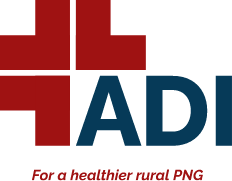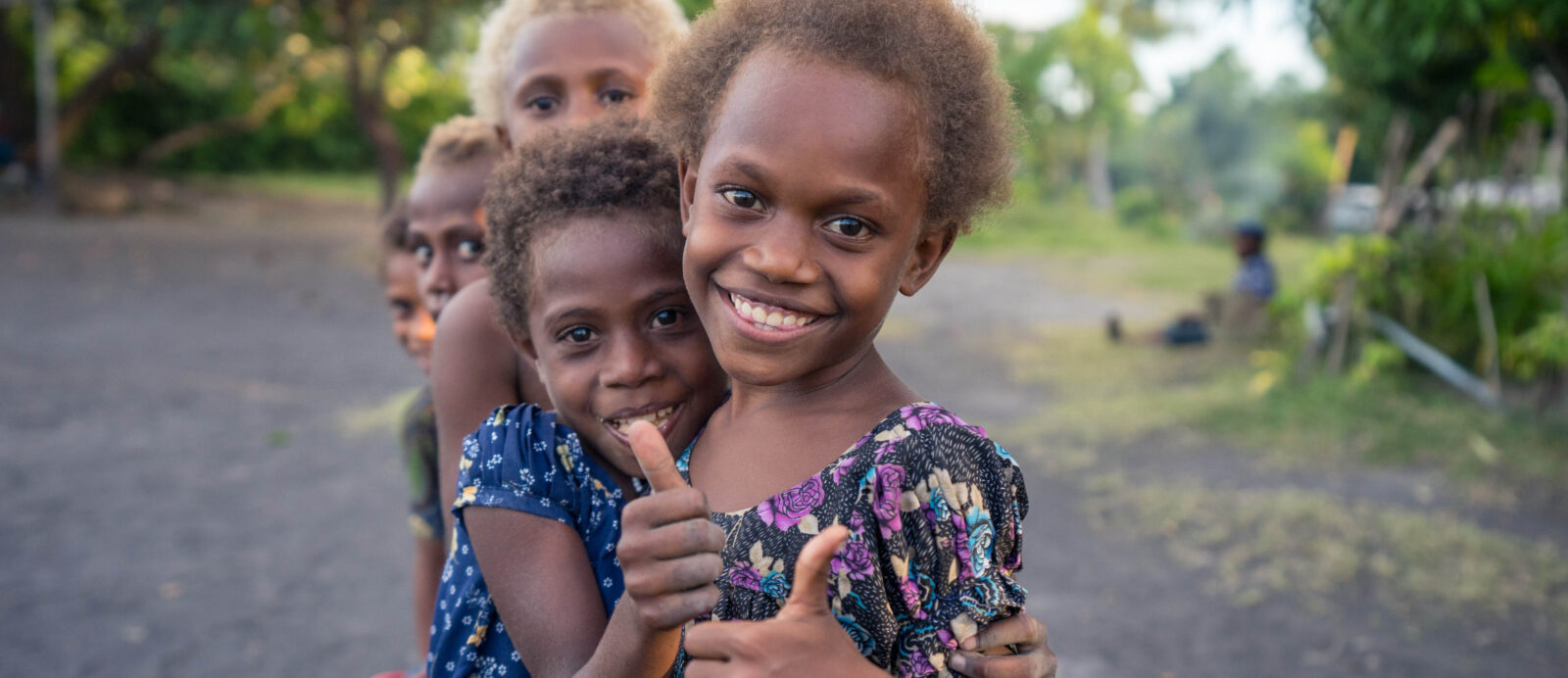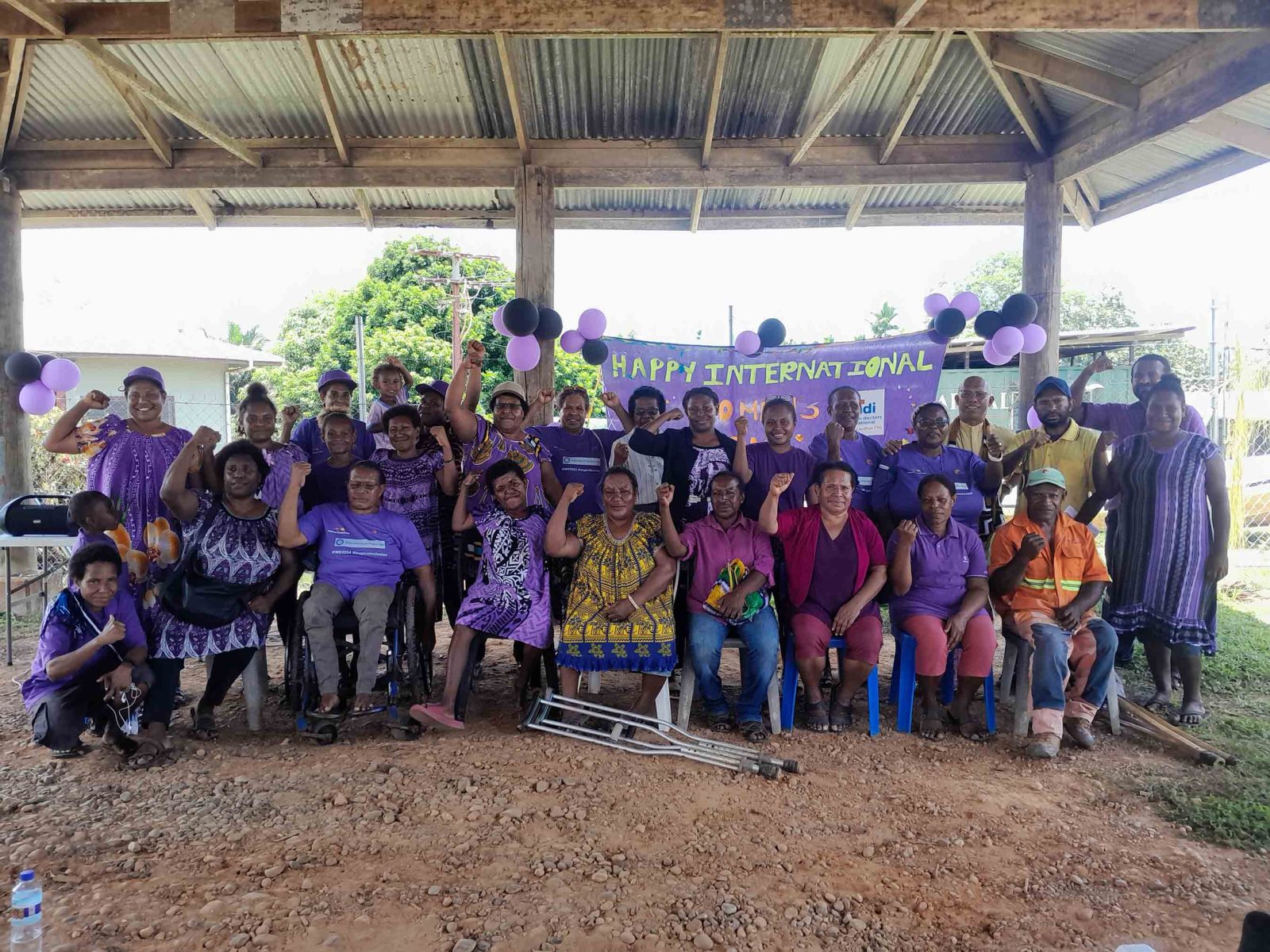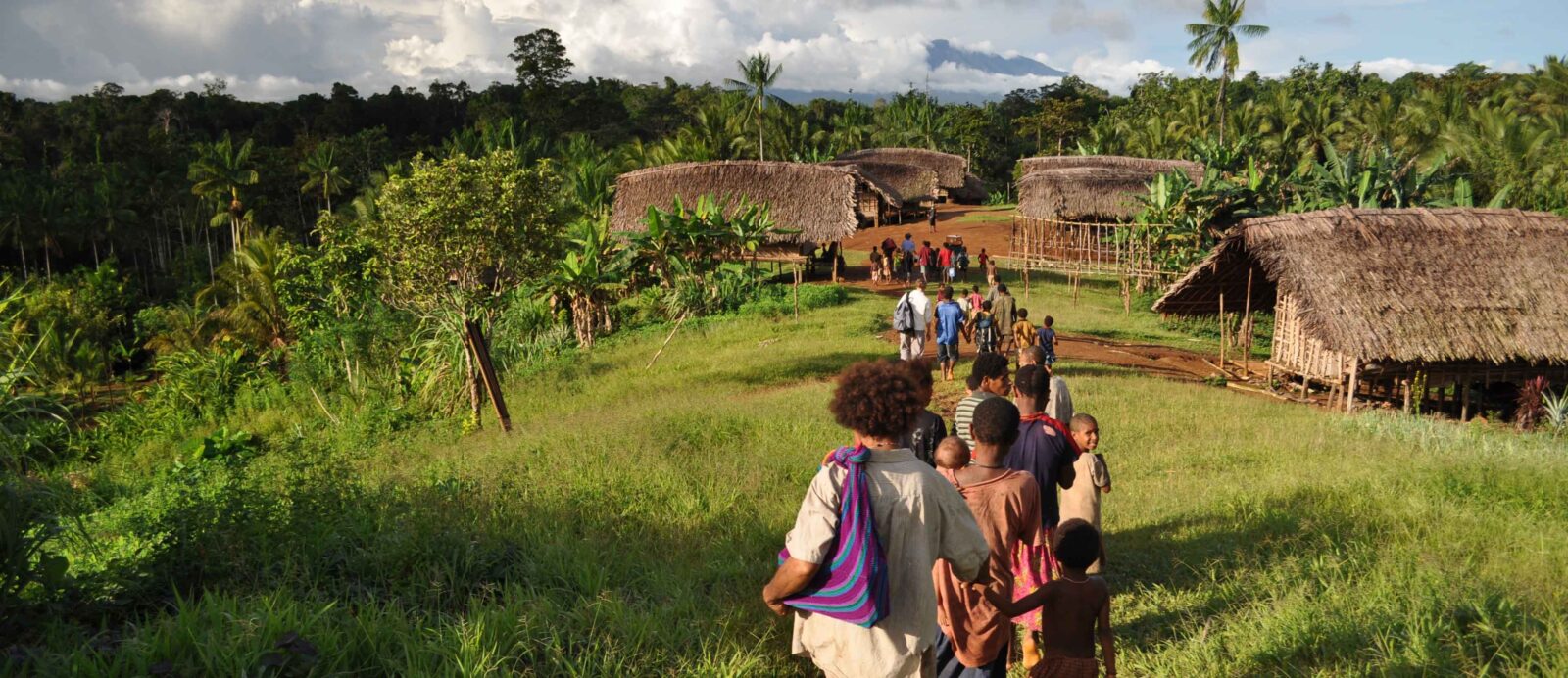
Improving
Women's
Health
Image sourced from Shutterstock,
copyright © Shutterstock. All rights reserved.
ADI is dedicated to improving maternal health. In Papua New Guinea, a nation where maternal mortality rates are among the highest globally, ranging from 215 to 900 per 100,000 live births. In contrast, Australia’s rate is approximately 20 per 100,000.
Contributing factors include limited access to skilled birth attendants - only 56.5% of births are attended by one - and a low health workforce density of 1.36 health workers per 1,000 population, significantly below the WHO’s recommended minimum of 4.45.
These challenges are even more pronounced in rural areas, where ADI primarily operates.
Essential Maternal and Neonatal Care (EMNC) training program

To address these critical issues, ADI implements a range of programs aimed at enhancing maternal health outcomes in PNG’s remote communities. A cornerstone of this effort is the Essential Maternal and Neonatal Care (EMNC) training program.
This initiative focuses on upskilling rural health workers by educating them in essential obstetric and neonatal care practices. The training covers a range of vital topics, including respectful maternity care, management of postpartum haemorrhage, manual removal of the placenta, treatment of puerperal and neonatal sepsis, early essential newborn care, neonatal resuscitation, and kangaroo mother care. By equipping health workers with these critical skills, ADI aims to save lives and contribute to a reduction in maternal and neonatal mortality rates.
ADI’s overall approach is multifaceted, combining direct medical treatment, capacity building, and community health education. ADI clinical outreach teams, volunteer doctors and health partners deliver a broad range of maternal health services in the most rural and remote locations in PNG. These include antenatal and postnatal care, safe childbirth support, management of pregnancy-related complications, and emergency obstetric interventions.
Additionally, ADI supports vaccination programs to protect mothers and newborns against preventable diseases and provides treatment for common maternal infections, malnutrition, and anaemia.
Family Planning program
Family Planning is a critical component of ADI’s maternal health initiatives, aiming to equip women and families with the knowledge and resources needed to make informed reproductive choices.
Through rural outreach programs, ADI provides essential family planning education, counselling, and access to modern contraceptive methods including oral contraceptives, injectables, implants, and condoms. Health workers are trained to offer culturally sensitive guidance on birth spacing, which is key to reducing maternal and infant mortality by allowing mothers adequate recovery time between pregnancies. In partnership with Provincial Health Authorities, ADI also delivers training on long-term contraceptive methods, ensuring that frontline health workers have the skills to support women’s reproductive rights. These initiatives not only improve maternal health outcomes but also contribute to gender equality, economic stability, and stronger communities.
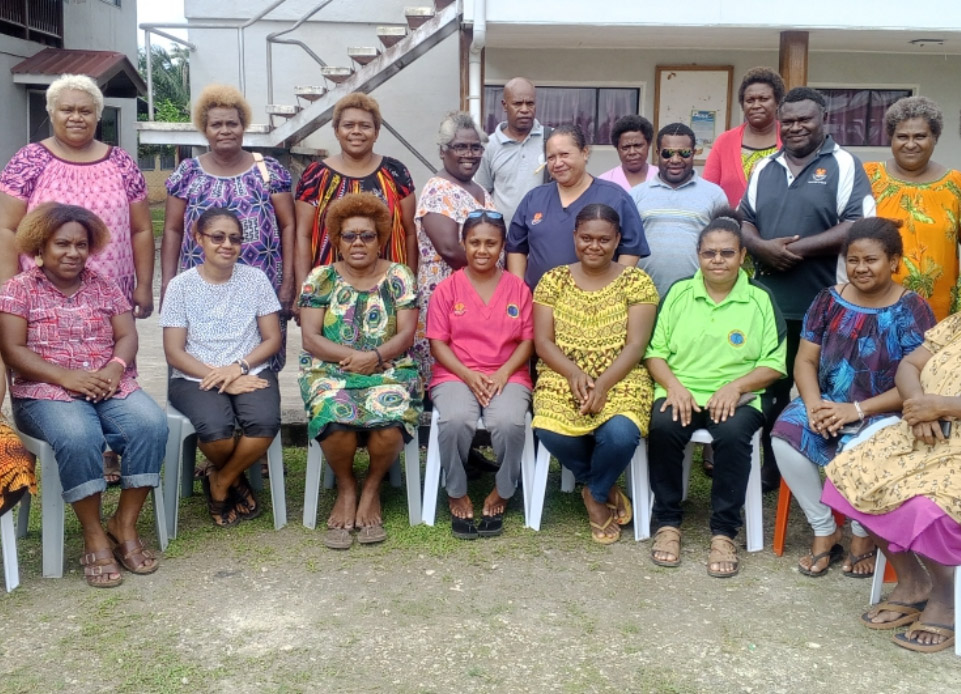
Baby Bundle program
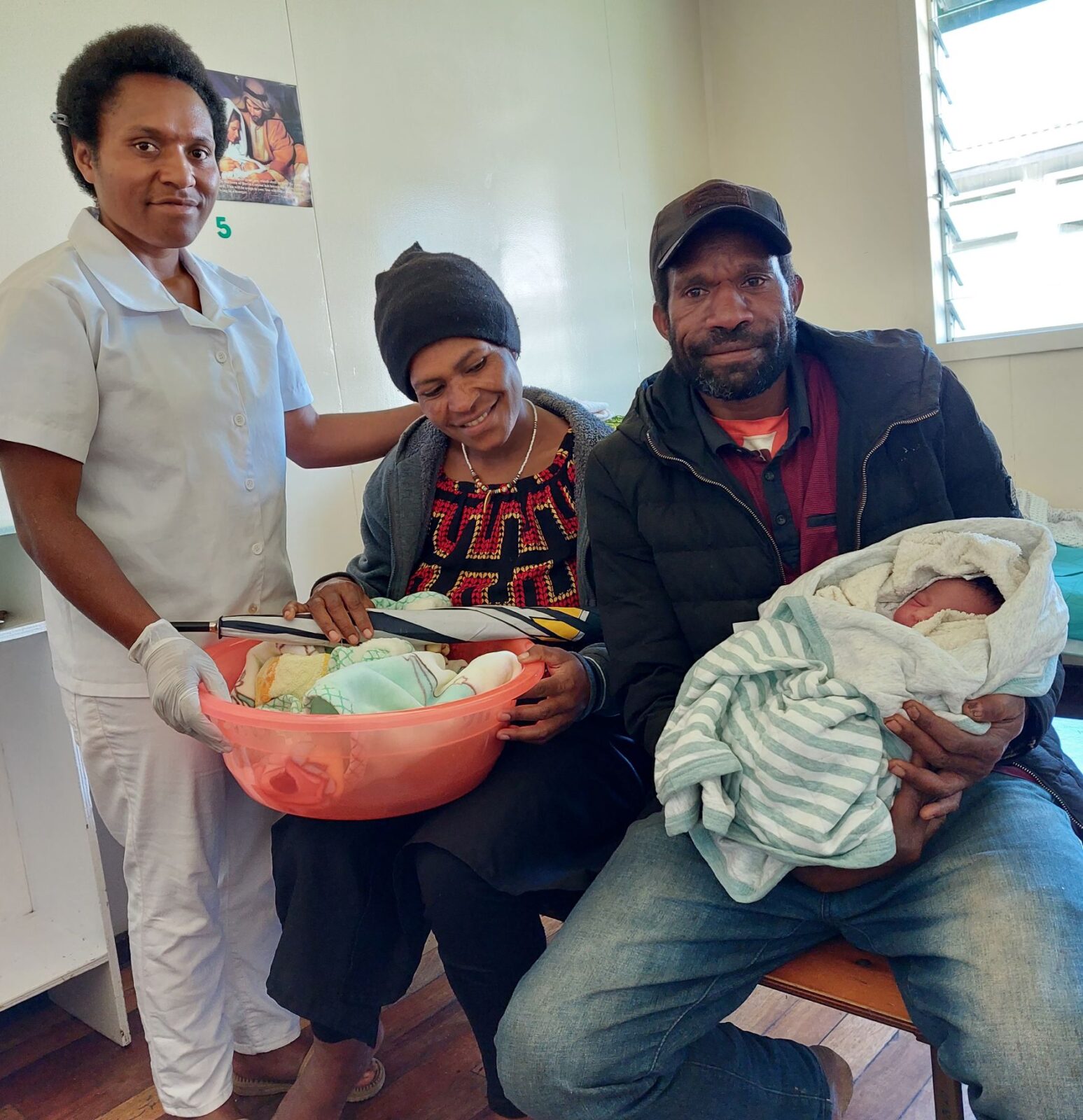
To further encourage safer deliveries, ADI has introduced our Baby Bundle program - a birth incentive initiative aimed at increasing supervised delivery rates. This program provides essential newborn care packages to mothers who give birth in a health facility under the supervision of a trained health professional.
Each bundle includes vital baby care items such as clothing, blankets, nappies, and hygiene products, helping new mothers care for their newborns in the critical first weeks of life.
The Baby Bundle acts as both a practical support measure and a powerful incentive, encouraging more women to seek professional care during childbirth, thereby reducing the risks associated with home births and unassisted deliveries. By increasing supervised deliveries, ADI is directly contributing to lower maternal and neonatal mortality rates and fostering a stronger culture of safe childbirth practices within communities.
Through these dedicated efforts, ADI is making significant strides in transforming maternal health in PNG. By upskilling rural health workers and providing access to essential services in rural communities, ADI is contributing to a future where mothers and their newborns, in even the most remote areas of PNG, can look forward to safer births and healthier lives.
